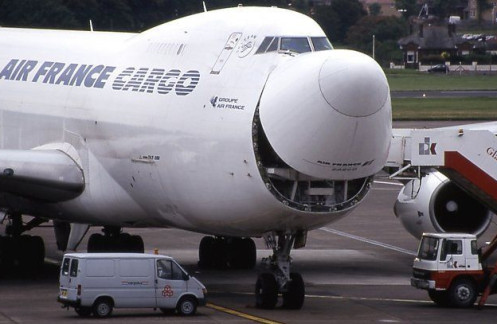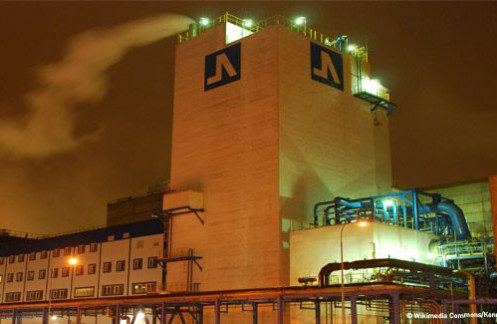Through the use of off-the-shelf linear programming tools, Eurodecision enabled us to easily model the Capcol logistics specialist discipline with a reasonable investment in terms of time and resources. In a deregulated market context, this is an additional asset compared to specialised software packages – which provide the same answers but to get there they also require adapting proven work methods to the specific characteristics of the software.Olivier DUBOISIT Dept. Manager - Capcol
We selected Eurodecision because they could quickly implement the modeling of Capcol’s problem with our team using a commercial solver.Jean-Yves LucasResearch engineer - EDF R&D
When Capcol decided to improve its modeling of the supply of EDF’s thermal power plants based on an estimation of demand in electricity, nothing was left to chance. While the eleven coal-powered plants currently in service only supply 5% of the electricity generated in France, their role is crucial as their responsiveness represents the only recourse in the event of peak consumption. The cost of operating these plants remains high, however they benefit from the considerable advantage, compared to nuclear and hydraulic power – i.e. start-up responsiveness and control of the re-supply date.
Capcol (Fuel and Logistics Supply Company) are a subsidiary of EDF, and manage logistical problems related to the purchase of fuel, essentially coal and diesel oil.
With an annual coal consumption varying between one and ten million tons per year, and roughly 300,000 tons of diesel oil, Capcol’s objective is to successfully supply the plants in this highly variable, constraint-intensive context while minimizing its overall cost. To do so, Capcol looks to the next 18 months of EDF supplies forecast consumption scenarios. For each scenario, the level of demand detail is three time periods per day.
One of the major project difficulties was optimizing the multimodal supply of coal worldwide. It is procured from about fifteen locations throughout the world, from South Africa to Columbia and including China, Indonesia or Canada. The fuel is carried by ship to a dozen ports then travels by rail or river and even road to the power plants. The eleven EDF power plants include 18 generation units called “coal units”. Each unit can only operate with one or two of the four types of coal ordered by Capcol. Diesel oil supply is simpler since the product is available in Europe in sufficient quantities.
Capcol judged the old internal planning tool to be limited, as it only integrated continuous variables, and launched the Grenache project with the support of an EDF R&D team, specializing in optimization techniques.
There were many project objectives, principally the overall cost of supply to the plants must be minimised while meeting forecast consumption demand.
But the problem is complex, with many constraints such as :
- the minimum stocks in the plants needed to face unforeseen consumption events,
- the storage and handling capacity of the ports and plants,
- the transport capacities and lead times per freight line must be complied with and
- the specific characteristics of commercial contracts with carriers and ports must be taken into consideration.
The constraints that bind EDF with the various carriers must also be factored in. For SNCF, every month the number of trains (a multiple of the number of business days in the month) must be chosen, as freight trains rarely run on weekends and holidays. For the shipping and river companies and SNCF, the very different capacities of various modes of transport must be integrated: ships (70,000 to 180,000 tons), river boats (700 tons), barges (2,000 or 5,500 tons) and trains (1,200 tons).
The integration of the Siren software developed by EDF R&D, based on constraint propagation, allowed taking into consideration the break of load related to the transshipment of the ships onto trains or barges.
The Grenache solution is today used to optimize coal supply over 18 months, which represents 80,000 variables and 20,000 constraints. In less than 10 minutes the PC-based software displays the quantities of coal to order from each production source, the arrival of the fuel in the ports, the transport from the ports to the plants, the energy generated by each coal unit, across the month’s 90 time periods.
Designed as a powerful decision-support solution, Grenache has also proven to be a vital simulation tool for running ‘’what if’’ scenarios, making it an important asset when negotiating a new contract with a carrier or handler or controlling the risk of a break in supply because of variable supply consumption.






